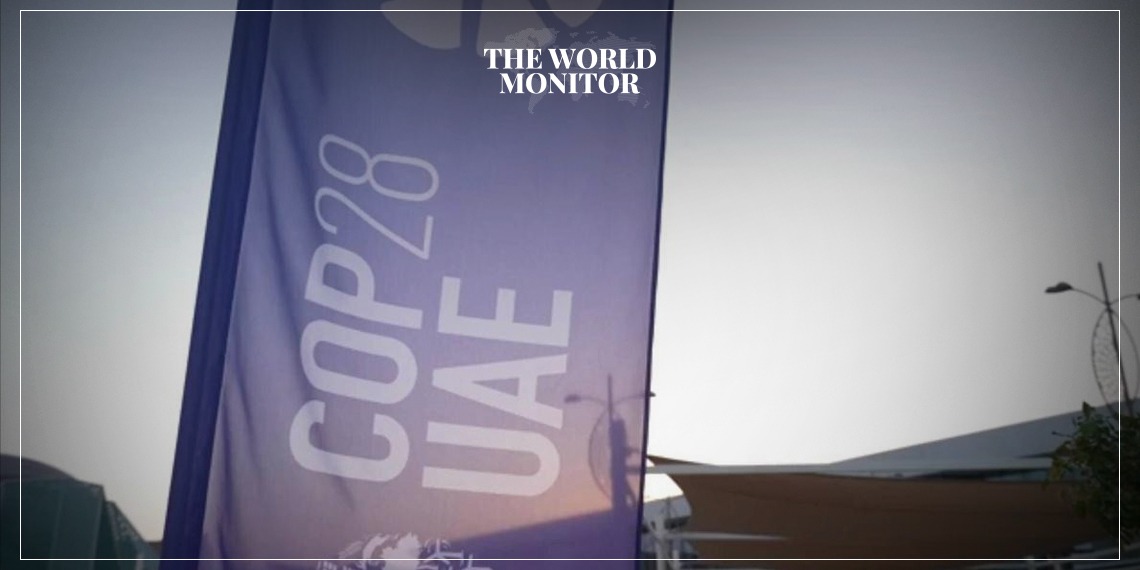In a groundbreaking shift, the COP28 Climate Summit, after two days of consecutive speeches by world leaders, turned its focus on Sunday to a critical and often overlooked aspect of climate change: its direct impact on human health.
For the first time, the annual United Nations climate talks have placed public health at the forefront of their agenda.
Countries and corporations, recognizing the escalating threats of malnutrition, malaria, diarrhea, and heat stress – and the looming burden on already struggling health services – are keen to explore more ways to protect people as temperatures continue to rise for decades.
A key highlight of the day was the participation of a wide array of prominent figures, including Microsoft co-founder and philanthropist Bill Gates.
Gates is expected to join forces with the United Arab Emirates in launching an initiative focused on climate health.
Additionally, former U.S. Secretary of State Hillary Clinton visited COP28, joining over 70,000 people from around the globe at the two-week conference.
Clinton was scheduled to participate in a session focusing on women and climate change.
Former U.S. Vice President Al Gore, who shared the 2007 Nobel Peace Prize with the UN’s Intergovernmental Panel on Climate Change for their efforts in increasing public knowledge about global warming, also attended COP28.
For the first time in global climate discussions, public health is taking center stage.
The Health Day at COP28, organized by the World Health Organization, the Wellcome Trust, and other partners, is more than a symbolic nod; it’s an integrated event setting the agenda.
This event places the health impacts of climate change at the core of the actions and seeks to demonstrate how every increase in temperature and shift towards renewable energy directly affects our lives and well-being.
This day brings together ministers, healthcare professionals, civil society, and business leaders, all aiming to forge a unified path for resilience and recovery in the face of climate challenges.
A variety of events mark Health Day, from high-stakes discussions about political and financial commitments to deep dives into the health impacts of climate change.
It’s a day where saving lives meets ambitious emission reduction targets, where finance experts and health professionals come together to chart new action pathways.
These efforts aim to build health systems resilient enough to withstand and adapt to these changes, and to explore the mental health impacts of climate change – an urgent yet often ignored issue.
The first Health Day at COP28 is more than a milestone; it represents a game-changing shift in global climate dialogues.
Nations are pooling knowledge and spurring innovations in healthcare to face the harsh realities of climate change, integrating health considerations deeply into climate management, and crafting policies that prioritize human well-being as much as environmental sustainability.
This ‘One Health’ approach aims to promote interdisciplinary research, driving us towards a future where adaptability to climate change and public health are on equal footing in our journey towards sustainable development goals.






